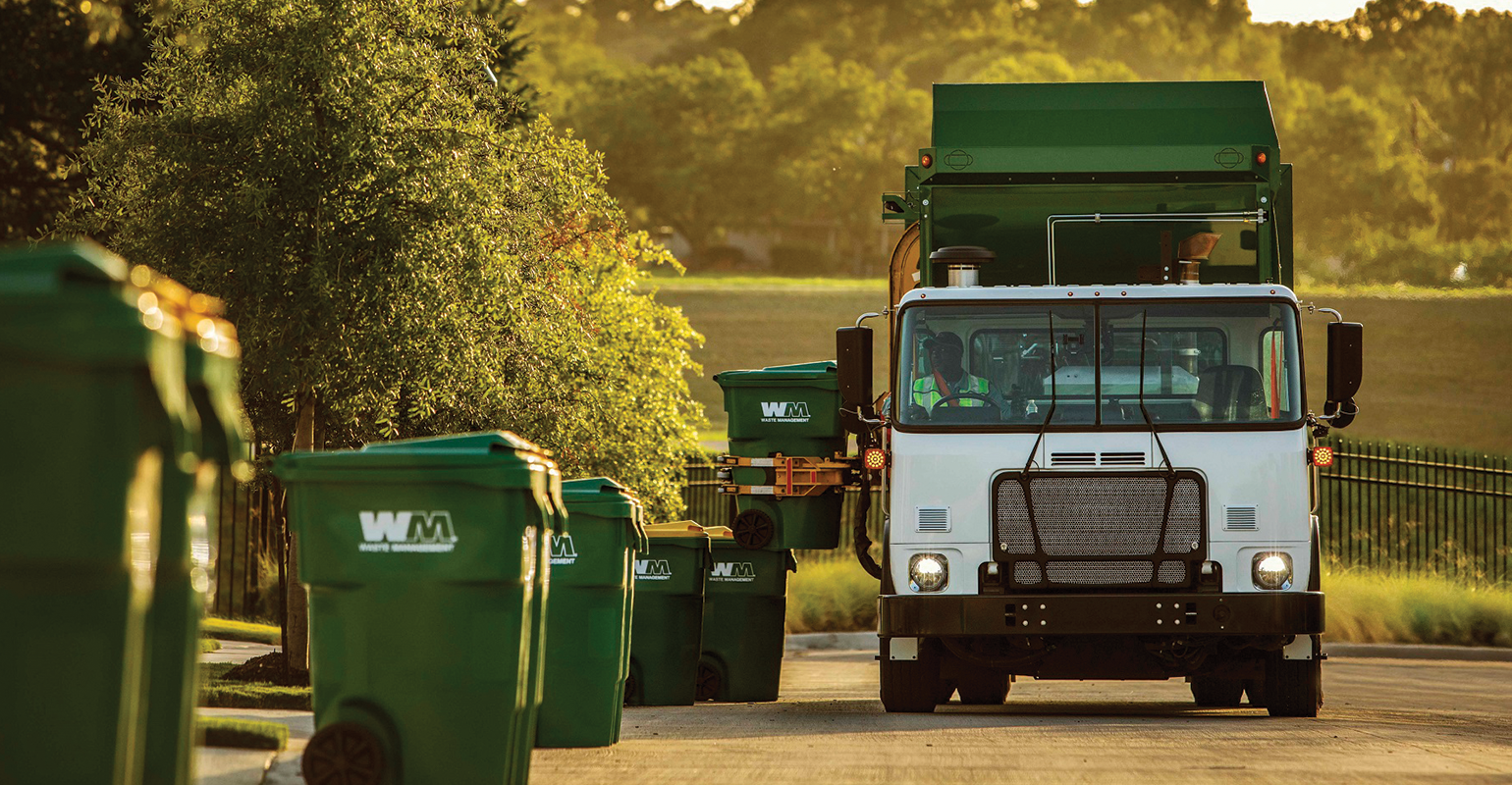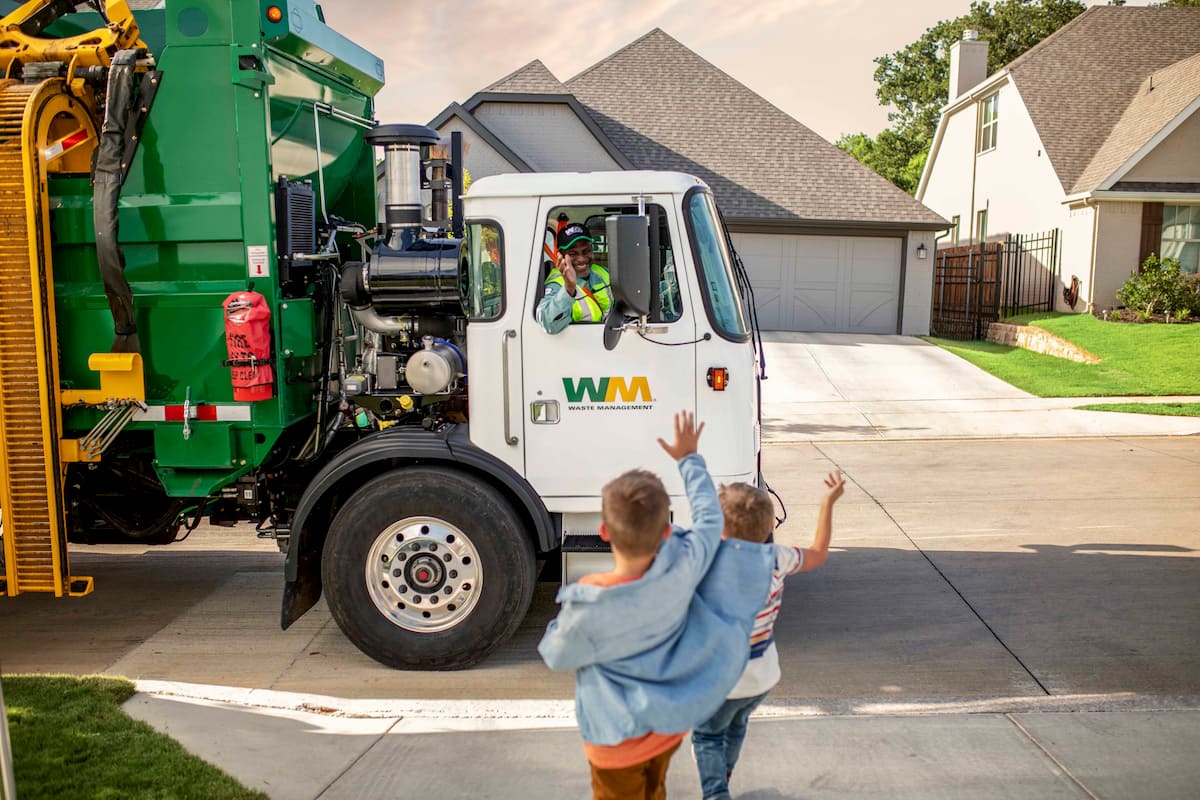
What Is Residue?
To be considered a waste, a substance or object must be disposed of by its owner or have the intention to be disposed of by the owner.
Responsibilities Of Waste Generators And Holders
It Is The Responsibility Of Waste Generators Or Holders To:
Individuals Performing Their Own Sewage Treatment
As long as they are a registered business entity or company, you can hand over the treatment to them.
Another option is to have the waste transported and treated by a waste collection agency, either public or private.
Documentation is required for these actions.
They’ll Also Have To Do The Following:
Provide the waste management companies with the information they need to properly handle and dispose of waste.
When waste is delivered to a local entity with unique characteristics that could disrupt transport, collection, recovery, or disposal, it is important to provide that entity with information.
Do not delay in reporting any incidents involving the disappearance or loss of hazardous wastes or those that could harm the environment in any way.

When it comes to disposing of waste, waste producers are required to do the following:
While you have the waste, make sure it is stored in a clean, safe environment.
Keep hazardous waste separate from other waste, substances, or materials, and never mix or water it down hazardous materials with other waste or substances.
Prior to collection, store, package, and label hazardous materials in line with the rules.
Special obligations apply to producers of hazardous waste that produce 10 tonnes or more per year or more than 10 tonnes of hazardous materials per year.
Covering the responsibilities that may arise from its activities, taking into account the danger and danger potential of its activities, by submitting a financial guarantee.
Store the waste in accordance with the terms and conditions of its authorization.
Obtain insurance or a financial guarantee and post a bond. As required by the rules that govern the planning of specific wastes those that control management operations, for entities or manufacturers that treat hazardous waste.
The hazardous waste should not be mixed with other types of hazardous material or with waste, substances or components. The filtration of hazardous materials is part of the mixture.
In addition, waste treatment activities must be carried out by entities or companies that:
Carry out waste treatment in compliance with the provision of the permit and document it.
Manage the waste that is generated of its activities in an efficient manner.
You must have proof that the waste has been delivered to the proper entities or companies for treatment.
Waste collectors and transporters must also adhere to these rules.
Transportation regulations, such as those governing waste collection and transportation, must be followed in order to ensure safe disposal.
Use existing international and neighbourhood standards for packaging hazardous waste for collection and transportation.
All parties involved in the transaction, including dealers and agents, must abide by the terms and conditions of the agreement they signed.
For the waste that they purchase from producers or other initial holders, traders must ensure that the waste has undergone a comprehensive treatment process and provide documentary proof.